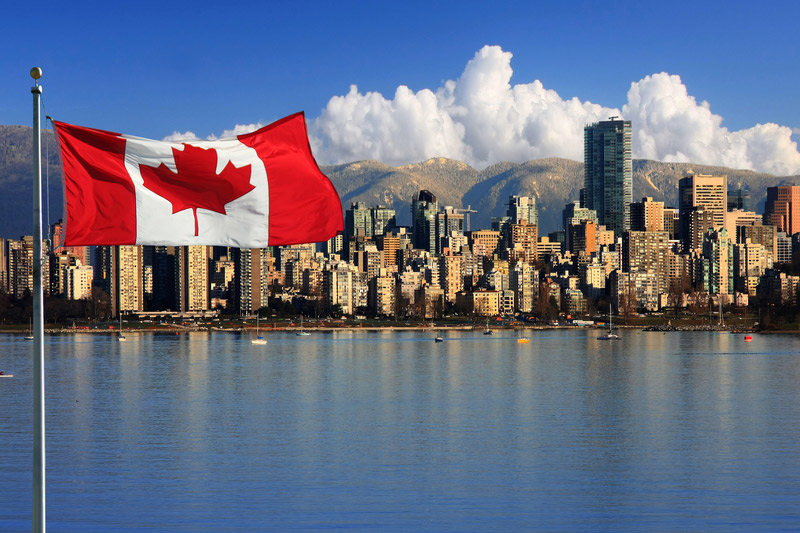TORONTO (Reuters) - The Canadian government on Tuesday invited remote communities across the country that lack high-speed Internet access to make a claim to get some of the C$305 million (166.5 million pounds) it plans to spend over the next three years to upgrade access.
The government's Connecting Canadians plan aims to deliver high-speed Internet - judged to be speeds faster than 5 megabits per second (5 Mbps) - to 280,000 households that it says sit below that line.
Industry Minister James Moore likened the launch of the programme to such pivotal moments in the country's history as the completion of a transnational railway and the opening of the Northwest Passage. He said areas eligible for funding will be made public later this year and companies will then be invited to pitch for connection projects.
The move is part of a long-promised comprehensive plan for digital communications and commerce that Ottawa says will also strengthen online privacy protection and beef up cybersecurity.
Many of the underserved areas shown on a government map are in the Prairie provinces of Saskatchewan and Alberta and farther west in British Columbia. Connection would mean that about 98 percent of Canadian households would be linked to online services by 2017, the government said.
"Connecting Canadians is about ensuring that Canadians, whether they live in urban centres or remote regions of the country, have access to the latest wireless technologies and high-speed networks at the most affordable prices possible," Moore said in a statement.
An OECD report on household broadband access released on Tuesday ranked Canada, with just over 70 percent of households with access in 2009, in the world's top quartile, while coming in 24th out of 34 ranked countries in wireless penetration, behind France, the United Kingdom, and well behind the United States.
The new infrastructure being funded can be either wired or wireless, the government said.
Critics say the government's focus on rural areas has sidelined the urban poor, who also lack access to the Internet, and that its minimum "high-speeds" are not good enough to participate in video conference calls, for example.
In Canada's urban areas, Internet service providers typically offer speeds of between 25 and 60 Mbps, and as high as 150 Mbps.
(Reporting by Alastair Sharp; Editing by Peter Galloway)
